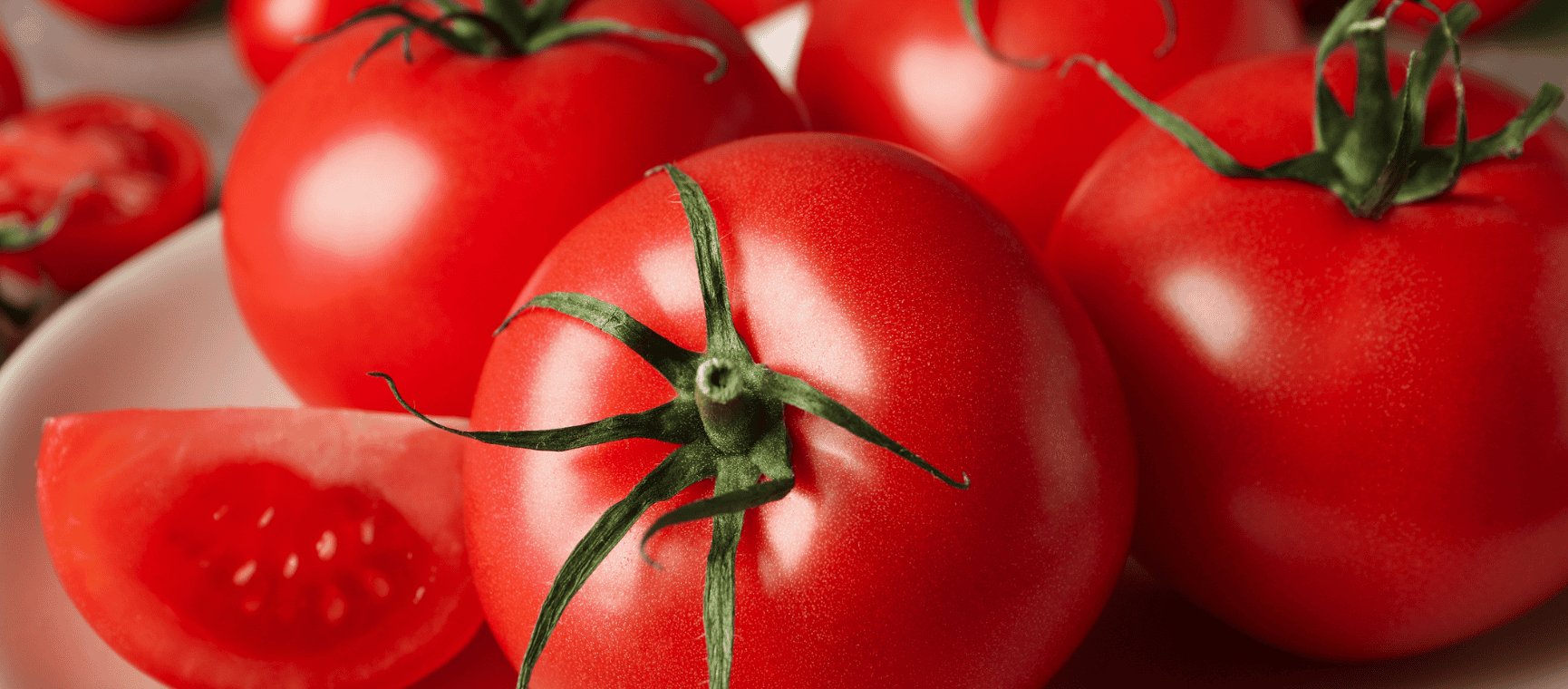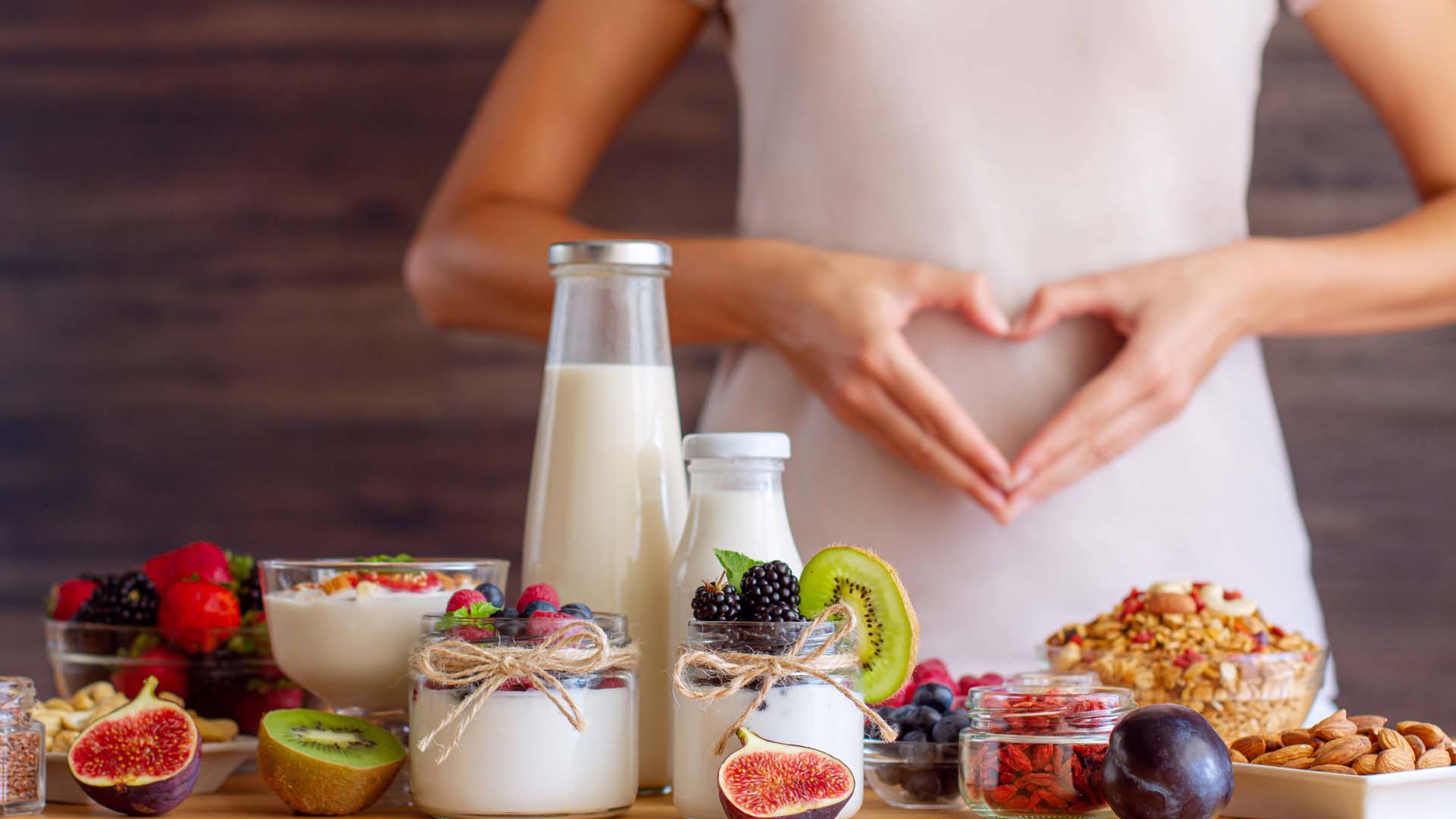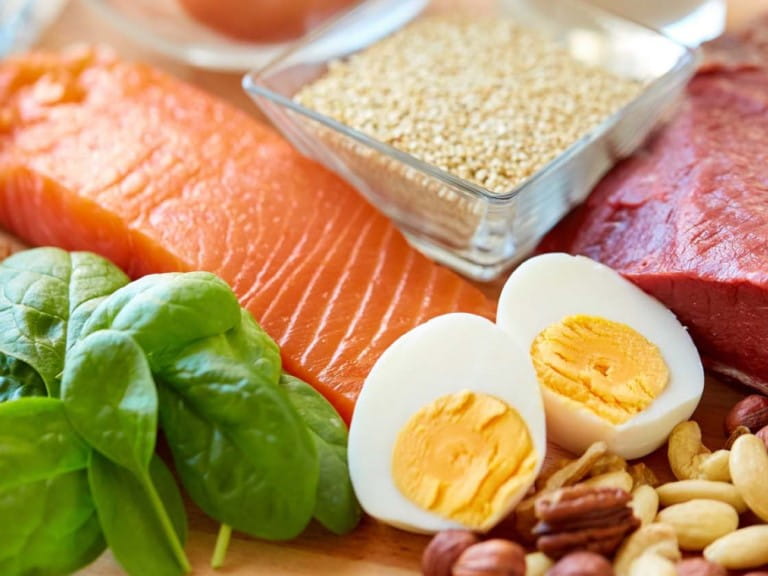The quick and easy trick to make your tomatoes even healthier
Tomatoes: they’re delicious, they’re packed with powerful antioxidants and they can help to lower cholesterol, so get some in the oven now

Tomatoes: they’re delicious, they’re packed with powerful antioxidants and they can help to lower cholesterol, so get some in the oven now

You probably know tomatoes are good for you, but did you know you can make them even healthier by cooking them?
Raw tomatoes are packed with vitamin C, potassium and folate, as well as lycopene. But it's cooking them that helps us to absorb more lycopene, the natural compound that gives them their red hue.
Lycopene is the potent antioxidant compound that makes them so healthy. It's also found in pink grapefruit, watermelon and papaya, but for most of us the main source is tomato products.
A 2023 study found that eating tomatoes and tomato products is linked to a blood-pressure-lowering effect, probably because of the lycopene they contain.
But in the UK we only get 1.1 mg per day of lycopene on average, trailing behind other countries including the US and Italy (where they consume 7.4mg per day).
Studies have found that lycopene absorption is greater from processed tomatoes and a 2005 study found that cooking tomatoes in olive oil 'greatly increases the absorption of lycopene'.
The late Michael Mosley also set out the virtues of tomatoes in his Just One Thing podcast, explaining: “While there is a lot to love about a raw tomato, if you really want to boost the benefits you have to cook them.”
Professor Richard van Breemen from Oregon State University has done extensive research on exactly how lycopene is absorbed by the body – and the positive effects it can have. His initial research showed that it can also be beneficial for men with prostate cancer, reducing the DNA damage.
He told the Just One Thing podcast: “It’s a marvellous molecule. Eating a tomato salad might give you five or ten milligrams of lycopene, but when we’ve done studies we’re aiming for 30mg - and 100g of tomato sauce has about 50mg of lycopene.”
Van Breemen describes lycopene as “an extremely safe molecule” so there’s no danger of eating too much and if you combine it with a little oil, that’s even better.
“It’s an oil-soluble vitamin, so to help extract it from the plant as we eat it, a little bit of olive oil goes a long way,” he says.
There’s a lot of encouraging research ongoing around the benefits of lycopene, with the antioxidant being hailed as having properties that could help to prevent cancer, lower cholesterol and keep skin looking healthy.
Tomato juice has also been shown to reduce cholesterol levels. One small study put people on a high-tomato diet for six weeks, which included two small glasses of tomato juice as well as 30g (about a tablespoon) of tomato ketchup per day. Because ketchup is cooked and a concentrated form of tomatoes, it is high in lycopene.
People on the high tomato diet had reduced levels of LDL or ‘bad’ cholesterol and increased levels of HDL, the ‘good’ cholesterol.

Health coach Vanessa Sturman, who helps people pack more nourishing foods into their diet, says it’s quick and easy to boost the amount of lycopene with a simple recipe that works at any time of day.
Sturman says: “Getting a variety of plants – fruit, vegetables, legumes and grains – is really brilliant for us because we get a range of essential nutrients. Tomatoes are so wonderful as part of a healthy, balanced diet. You can chop them up and put them in a salad – that’s a very easy way to eat them.
“What I love doing is roasting them with a little balsamic vinegar and garlic, then you can have them with any breakfast, or on toast with avocado. Roast a tray full at once so you can have them for a few days, or put them in a sauce.
"Fresh tomatoes are great, but if you just have a tin in the cupboard, it’s another way to include them in your diet. They’re delicious and you do get more of the lycopene when you cook them,” she adds.
Hannah Verdier writes about fitness, health, relationships, podcasts, TV and the joy of reinventing yourself at 50 and beyond. She’s a graduate of teenage music bible Smash Hits and has a side hustle as a fitness trainer who shows people who hated PE at school how to love exercise.
View author page

Get 3 months free, plus a £125 Totally Rewards Wellness Gift Card when you start a new policy by the end of 19 February 2026. T&Cs apply.
Underwritten by Bupa Insurance Limited.

Expert nutritionists break down the most important foods to eat in each decade as we get older.

We reveal the 7 best tinned foods to supercharge your health while saving you time and money.

From ketchup to mayo – how healthy are your sauces? We find out the pitfalls and surprising benefits of our favourite condiments.

Could honey be the sweetest way to supercharge your health this year? Our experts explain the benefits and which to buy.

Our expert guide to the common foods you shouldn't mix with prescription drugs.

Experts reveal whether chilled supermarket soups are worth the extra cost and if some flavours are better for you than others.

Looking after your gut health could be one of the biggest things that you can do for your overall health. Here are the best foods to keep your gut happy.

The foods that could help you live longer and protect against chronic illness.



Everything you need to know about protein, from how it benefits your body to the best high-protein foods – and how much you really need.